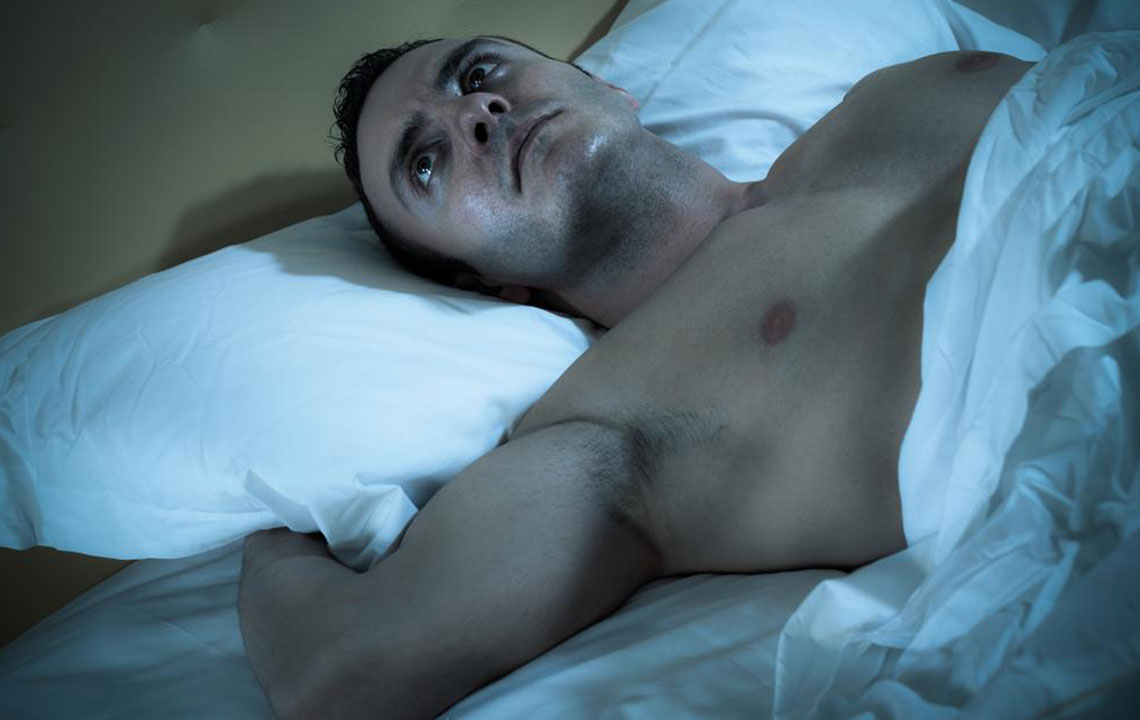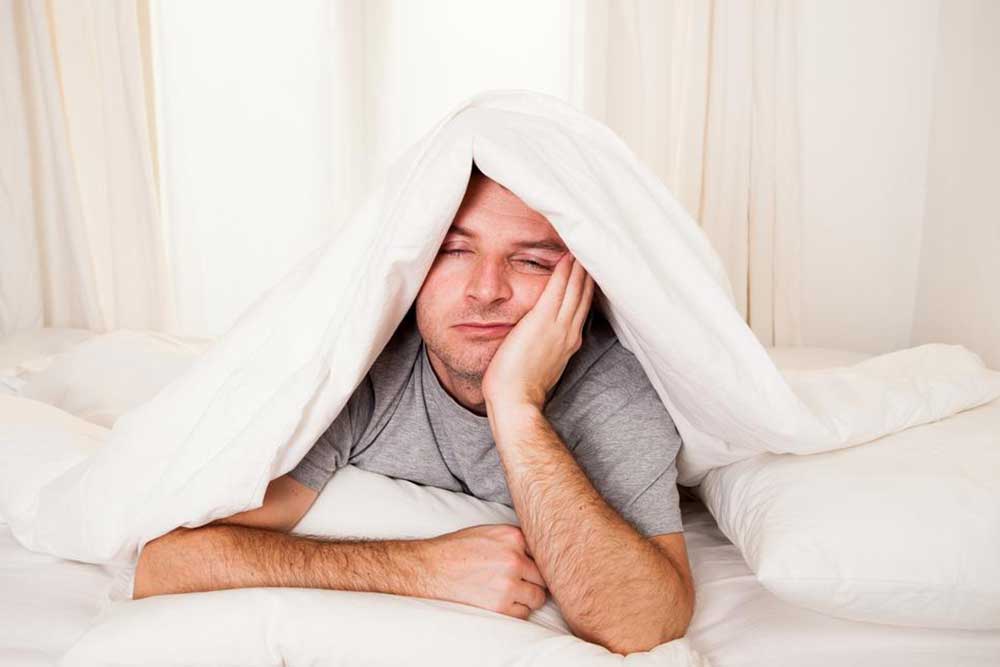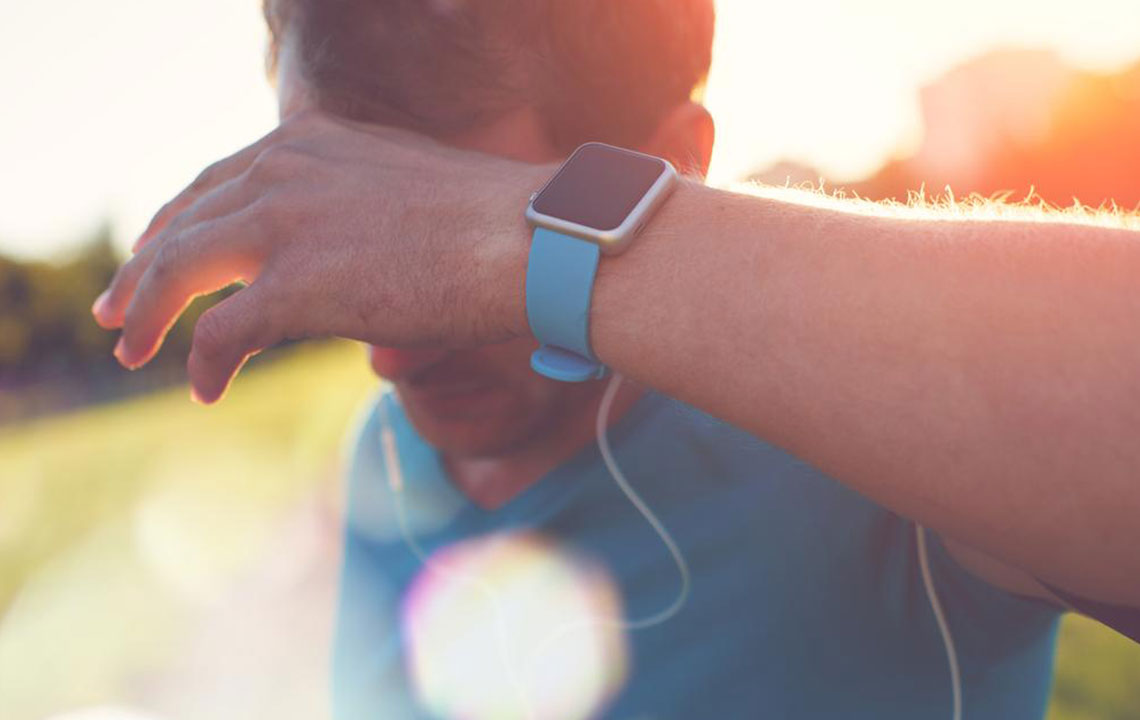Understanding Night Sweats: Causes and Remedies
This article explores common causes of night sweats, including hormonal imbalances, infections, sleep disorders, and medication side effects. It offers tips for managing symptoms, emphasizing the importance of medical consultation for underlying issues. Lifestyle changes like cooling the sleeping environment and avoiding certain foods can also help reduce night sweating episodes. Understanding these factors enables better management and early detection of potential health concerns associated with night sweats.

Understanding Night Sweats: Causes and Remedies
Night sweats, also known as sleep hyperhidrosis, involve excessive sweating that soaks bedding and sleepwear, despite a comfortable sleeping environment. Affecting approximately 3% of people, night sweats can sometimes signal underlying health issues requiring attention.
Common causes of night sweating include
several factors such as:
Hormonal fluctuations: Imbalances caused by conditions like menopause, thyroid problems, pregnancy, diabetes, and puberty can lead to excessive sweating during sleep.
Infections: Diseases such as tuberculosis, influenza, HIV, and other febrile illnesses are common infectious triggers for night sweats.
Excess weight: Obesity can also contribute to nocturnal sweating episodes.
Gastroesophageal reflux disorder (GERD): Besides heartburn, night sweating is a frequent symptom of GERD.
Sleep apnea: Obstructive sleep apnea causes airway blockages leading to breathing disturbances and sweating during sleep.
Cancer: Early signs of certain cancers, like lymphoma or leukemia, may include night sweats.
Medication side effects: Some drugs—including insulin, antidepressants, steroids, and hormone therapy—may induce night sweating. Medications such as Bupropion, Albuterol, Glipizide, Ciprofloxacin, Trazodone, Esomeprazole, Atorvastatin, and Amlodipine are among those associated with this side effect.
Managing night sweats involves identifying and treating the underlying cause, whether hormonal imbalances or medication adjustments. If no specific trigger is identified, lifestyle modifications can help control symptoms:
Use lighter bedding and avoid overly warm blankets
Sleep in a cool, well-ventilated room
Avoid alcohol and spicy foods before bedtime










